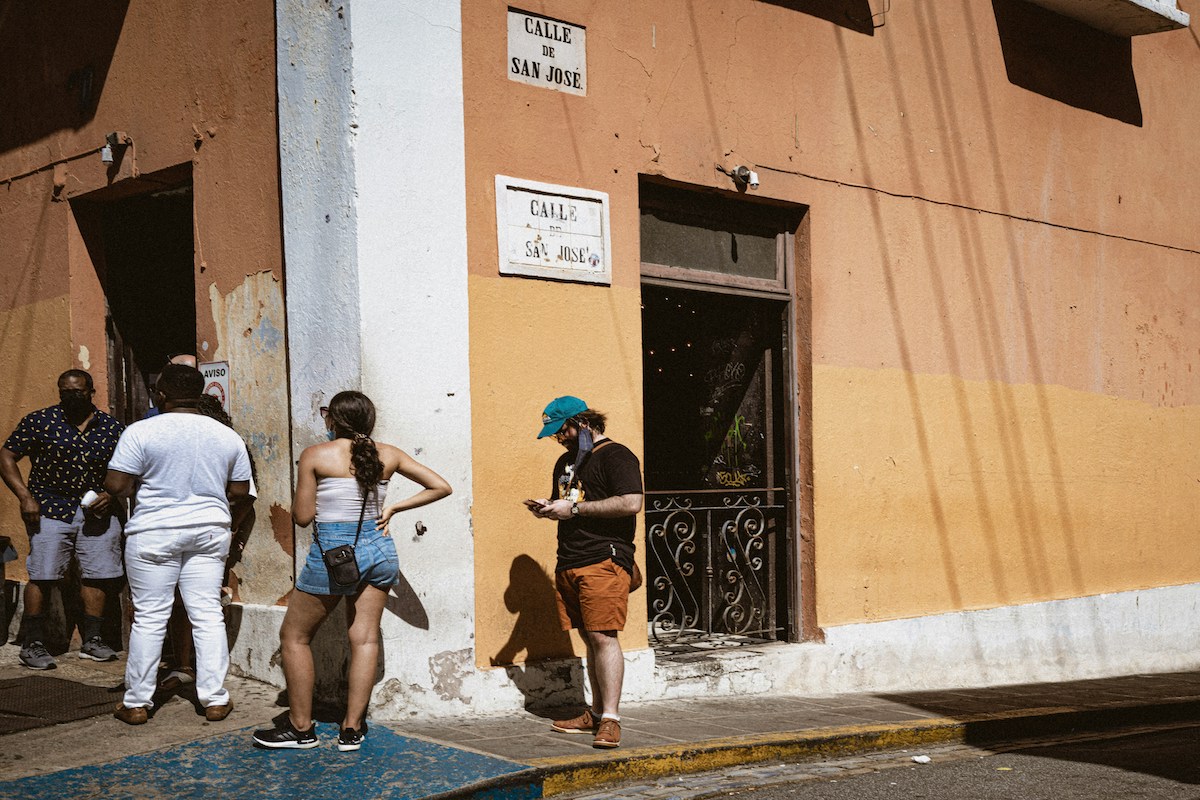Contents
The Disadvantages of Living in Puerto Rico
When considering a move to Puerto Rico, it’s easy to get swept away by the island’s beautiful beaches, vibrant culture, and year-round warm weather.
However, the reality of island life brings unique challenges that may not be immediately apparent.
For those exploring the practical and social sides of living here, understanding the disadvantages, such as cost of living, infrastructure issues, and safety concerns, can make all the difference in your relocation decision.
From economic factors like high living costs to unexpected lifestyle limitations, let’s break down what day-to-day life in Puerto Rico might actually look like, using real accounts from people who’ve lived the experience.
1. The High Cost of Living
Living on an island as beautiful as Puerto Rico comes at a price—literally. Puerto Rico’s cost of living, particularly for imported goods, can be surprising for newcomers.
Everything from basic groceries to car parts must be shipped in, which significantly drives up prices.
One Reddit user, who had moved to Puerto Rico to embrace the tropical lifestyle, shared a reality check: “I thought it’d be like a cheaper version of Hawaii, but my grocery bill is almost double what I paid back in Texas!”
Furthermore, while there are tax incentives that draw some expats to the island, especially those working remotely, these benefits may not offset the cost of daily essentials.
This factor is particularly felt in urban centers like San Juan, where rent can be high and electricity bills often spike due to air conditioning needs.
2. Infrastructure and Utilities: Unreliable at Best
One of the more challenging aspects of living in Puerto Rico is its infrastructure. The island’s aging electrical grid, particularly vulnerable to hurricanes, often leads to power outages that can last for hours or even days.
After Hurricane Maria in 2017, power infrastructure faced massive setbacks, and residents today still deal with periodic blackouts.
A Quora user explained it best: “I thought I could handle an occasional power outage, but when it happens every other week, it gets old fast. And don’t even get me started on the roads. I feel like I’m back in my off-roading days every time I leave my apartment.”
Beyond electricity, the roads in Puerto Rico are also known for potholes and maintenance issues.
In the cities, traffic and limited parking can add to daily frustrations, making a simple commute feel like a high-stakes obstacle course.
3. Safety and Socioeconomic Disparities
While Puerto Rico has areas that are very safe, there are also neighborhoods and regions where crime can be an issue.
The island has a high rate of drug-related crime, particularly in urban areas, which can be unsettling for some residents.
Many expats choose to live in gated communities or areas with a higher concentration of expats and tourists to mitigate these concerns.
One expat on Expat.com noted, “I knew I’d have to be more aware here, but hearing gunshots in the distance was a new experience for me. It’s not everywhere, but in certain parts of the island, crime is just part of the landscape.”
Moreover, the income inequality between different areas can lead to visible socioeconomic disparities.
In some regions, luxurious beachfront properties exist alongside struggling neighborhoods, and these economic divides can affect social dynamics and perceptions of safety.
4. Limited Job Opportunities and Economic Challenges
Unless you’re bringing your own remote work or investing in the local economy, job opportunities in Puerto Rico can be limited, especially in high-paying fields outside of tourism and government positions.
For many who choose to live here, this can be a challenge unless they’re already financially secure or have a business that they can manage from anywhere.
Reddit threads frequently highlight the frustrations of finding stable employment, especially in specialized industries.
As one Quora commenter put it: “Unless you’re a doctor, lawyer, or in hospitality, finding a high-paying job is like winning the lottery.”
5. Cultural Adjustment and Language Barriers
While Puerto Rico is technically part of the United States, its culture is unique, blending Spanish influences with Caribbean and Latin American flair.
This can be a double-edged sword for new residents. Spanish is the primary language spoken across the island, and while many Puerto Ricans speak English, especially in tourist areas, language barriers can still exist in day-to-day life.
This cultural difference is exciting for some but overwhelming for others.
Adjusting to the local way of life means embracing a slower pace, which can be a tough transition for newcomers used to faster-paced urban environments.
Final Thoughts
In the end, Puerto Rico offers an amazing lifestyle but isn’t without its share of challenges.
The disadvantages of living in Puerto Rico, from high costs and infrastructure issues to cultural adjustments and limited job opportunities, are important to consider.
While the island is a paradise in many ways, understanding its challenges can ensure you’re prepared for the reality of living there.
Whether you’re drawn by the tax incentives, the beautiful landscapes, or the laid-back island culture, knowing these potential drawbacks can make all the difference.
And if you’re still uncertain, exploring firsthand accounts on platforms like Reddit and Quora can offer even deeper insights into what daily life might really be like on the island.
Sources
For additional insight into the experiences of living in Puerto Rico, here are a few sources that provided real perspectives and stories from current or former residents.
These resources offer valuable details that highlight the unique challenges of island life.
- Reddit – r/PuertoRico
- Quora – Pros and Cons of Living in Puerto Rico
- Expat.com Forum – Experiences of Living in Puerto Rico

